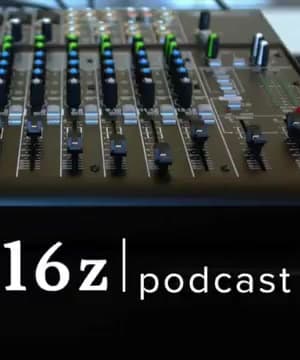Future Ownership
Sources:
Insights on the Future of Ownership
Fleet Ownership in Transportation
In the future, personal car ownership may be replaced by fleet ownership managed by companies. This trend towards shared, on-demand vehicle use is expected to bring significant environmental benefits and increase resource efficiency. Users will have access to a range of vehicles as needed, enhancing flexibility and convenience 1.
Data Ownership and Psychographics
The ownership and control of personal data are becoming crucial. Emphasis is shifting towards psychographics (attitudes, principles, opinions) rather than just demographics. In the long run, consumers are likely to demand and gain ownership of their data, leading to significant changes in business models and consumer empowerment 2.
Autonomous Vehicles and the End of Car Ownership
Autonomous vehicles are set to revolutionize the car industry by making private car ownership obsolete. Future transportation will likely involve fleets of self-driving cars available on-demand, reducing costs and transforming unused garage spaces. This shift will also lead to innovative car designs focused on experiential aspects rather than status symbols 3.
Digital Ownership and NFTs
NFTs (Non-Fungible Tokens) are enabling the concept of personal ownership of digital assets, which was previously impossible due to the nature of digital goods. This innovation allows for strong personal ownership and has unlocked new markets by injecting digital scarcity into the internet. Consequently, this has significant implications for digital content and property rights 4.
Shared Ownership Models
The future may also see a rise in shared ownership models, especially within the realm of digital and platform-based economies. Concepts like platform cooperatives (where providers share ownership) are gaining traction, supporting a more decentralized and cooperative management of platforms 5.
These trends paint a picture of a future where ownership becomes more shared, flexible, and digital, fundamentally altering traditional notions of possession and control.
RELATED QUESTIONS

